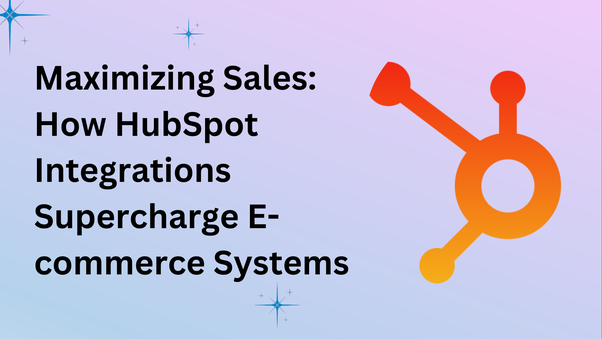E-commerce is a fast-growing industry. To succeed, you need the right tools. These tools help you sell more and grow your business.
1. Customer Relationship Management (CRM) Tools
CRM tools help you manage your customers. They keep track of your sales and interactions. This helps you understand your customers better.
Popular Crm Tools
- HubSpot CRM: Free and easy to use.
- Salesforce: Great for larger businesses.
- Zoho CRM: Good for small to medium businesses.

Credit: www.amazon.com
2. Email Marketing Tools
Email marketing is important. It helps you reach your customers directly. You can send newsletters, promotions, and updates.
Top Email Marketing Tools
- Mailchimp: User-friendly and popular.
- Constant Contact: Great for beginners.
- SendinBlue: Good for automation.

Credit: www.facebook.com
3. E-commerce Platforms
An e-commerce platform is the base of your online store. It helps you manage products, sales, and customers.
Best E-commerce Platforms
- Shopify: Easy to use and powerful.
- WooCommerce: Works well with WordPress.
- BigCommerce: Good for large stores.
4. Payment Processing Tools
Payment processing tools help you accept payments. They keep transactions safe and secure.
Trusted Payment Processing Tools
- PayPal: Widely used and trusted.
- Stripe: Great for developers.
- Square: Good for small businesses.
5. Inventory Management Tools
Inventory management tools help you track your products. They prevent stockouts and overstocking.
Reliable Inventory Management Tools
- TradeGecko: Good for small to medium businesses.
- Veeqo: Integrates with many platforms.
- Skubana: Great for large businesses.
6. Social Media Management Tools
Social media is important for marketing. These tools help you manage your social media accounts.
Top Social Media Management Tools
- Hootsuite: Manages multiple accounts.
- Buffer: Easy to use and schedule posts.
- Sprout Social: Great for analytics.
7. Analytics and Reporting Tools
Analytics tools help you understand your store’s performance. They provide data on sales, traffic, and customer behavior.
Best Analytics And Reporting Tools
- Google Analytics: Free and powerful.
- Mixpanel: Good for tracking user interactions.
- Hotjar: Provides heatmaps and user feedback.
8. Customer Support Tools
Good customer support is essential. These tools help you provide quick and helpful responses.
Effective Customer Support Tools
- Zendesk: Easy to use and popular.
- Freshdesk: Good for small businesses.
- LiveChat: Provides live chat support.
9. Search Engine Optimization (SEO) Tools
SEO tools help improve your website’s visibility. They help you rank higher on search engines.
Top Seo Tools
- Ahrefs: Great for keyword research.
- SEMrush: Provides detailed analytics.
- Moz: Easy to use and effective.
10. Shipping and Fulfillment Tools
Shipping tools help you manage orders and deliveries. They ensure quick and accurate shipping.
Best Shipping And Fulfillment Tools
- ShipStation: Integrates with many platforms.
- Shippo: Easy to use and affordable.
- Easyship: Good for international shipping.
Frequently Asked Questions
What Are Essential Sales Tools For E-commerce?
Essential sales tools include CRM systems, email marketing software, and analytics tools.
Why Is A Crm System Important For E-commerce?
A CRM system helps manage customer relationships and track sales.
How Can Email Marketing Tools Boost Sales?
Email marketing tools can nurture leads and promote new products.
What Role Do Analytics Tools Play In E-commerce?
Analytics tools track performance and help improve strategies.
Conclusion
These tools are essential for every e-commerce business. They help you manage and grow your store. Choose the right tools for your needs. Your business will thrive.

